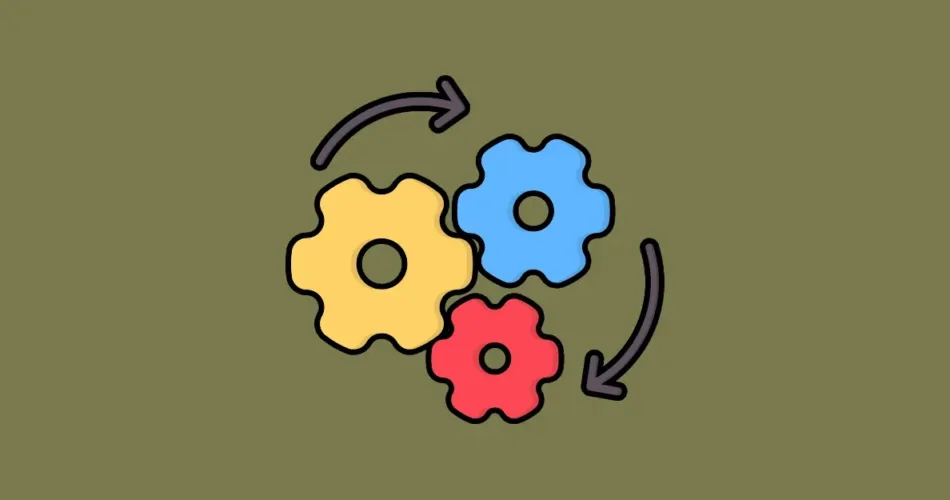As a C++ developer, you’re well aware of the intricate steps your code goes through before becoming a functional program. Among the behind-the-scenes sorcery that transforms your human-readable code into machine-understandable instructions, preprocessor directives stand as a powerful enchanter. In this exploration, we’ll unravel the mysteries of preprocessor directives in C++, how they shape your code, and the creative ways you can harness their magic.
What Are Preprocessor Directives?
Think of preprocessor directives as the architects of your C++ code. They are instructions that guide the compiler on how to manipulate your code before it’s officially transformed into executable instructions. Their power lies in their ability to modify, include, or exclude portions of your code during the preprocessing phase. Let’s delve into a few prominent preprocessor directives and witness their enchanting transformations.
Include Directive
The #include directive is like summoning a magical tome into your code. It allows you to incorporate header files, seamlessly integrating external code into your project. This enhances code reusability and promotes organized and modular programming. Imagine a spell that conjures a library’s essence directly into your spellbook!
#include <iostream>
int main() {
std::cout << "Hello, world!";
return 0;
}
Define Directive
With the #define directive, you wield the power to create macros, essentially textual replacements in your code. Macros enable you to define constants, inline functions, and more. It’s akin to crafting your own language within C++, streamlining complex operations.
#define PI 3.14159
double area = PI * radius * radius;
Conditional Compilation
Embrace the art of weaving alternate realities within your code using conditional compilation directives. #ifdef, #ifndef, #else, and #endif construct different paths of code execution depending on predefined conditions. It’s akin to creating branching storylines in your program.
#ifdef DEBUG_MODE
// Debug-specific code
#else
// Release-specific code
#endif
The Magic of Macros
While macros may sound like mere substitutions, they wield enchantments that transform your code dramatically. Macros can expand into complex expressions, making code concise and readable. However, their potency requires careful handling, as they lack the understanding and safety checks of regular functions.
#define SQUARE(x) (x * x)
int result = SQUARE(5 + 3); // Expands to (5 + 3 * 5 + 3), not 64
Guiding the Compiler’s Path
Preprocessor directives offer a way to guide the compiler’s path, ensuring the right code is included, and appropriate variations are executed. They foster versatility, allowing you to create builds tailored for different environments, configurations, or platforms.
Embracing the Preprocessor’s Spellbook
As you delve deeper into C++, preprocessor directives become a vital tool in your arsenal. They allow you to sculpt your code’s transformation, seamlessly integrating external resources, optimizing code execution, and creating variations based on conditions. However, their power must be harnessed judiciously, as unchecked or excessive use can lead to unwieldy and difficult-to-maintain code.
In conclusion, preprocessor directives in C++ stand as the ancient scrolls of code transformation. They guide the compiler’s hand, shaping your code’s destiny before it embarks on its journey as a functional program. Through includes, defines, conditionals, and macros, you wield the power to craft elegant, organized, and optimized code. As you continue your exploration of C++, remember that the enigmatic incantations of preprocessor directives hold the key to unlocking new realms of creativity and efficiency in your programming journey.
Subscribe to our email newsletter to get the latest posts delivered right to your email.


Comments